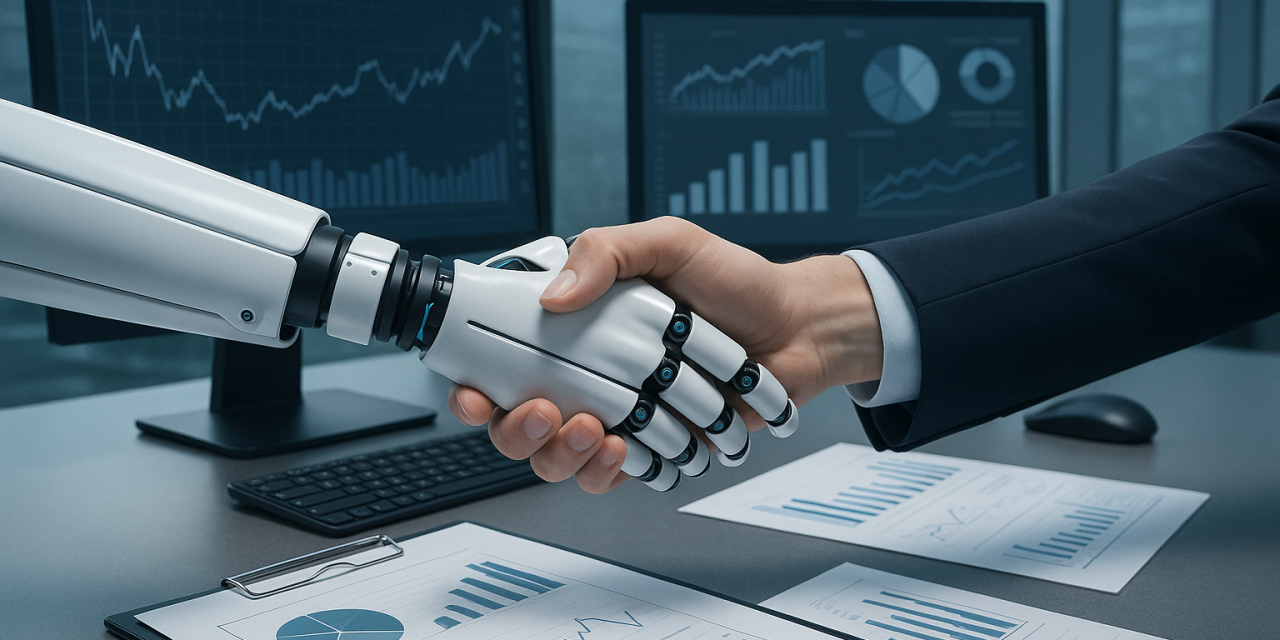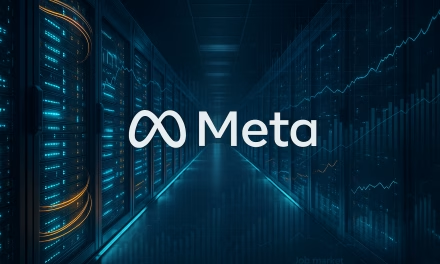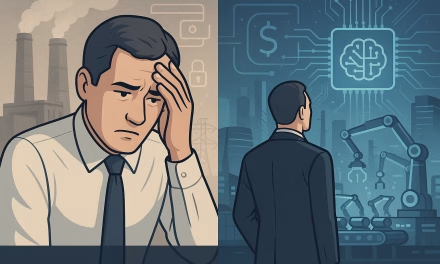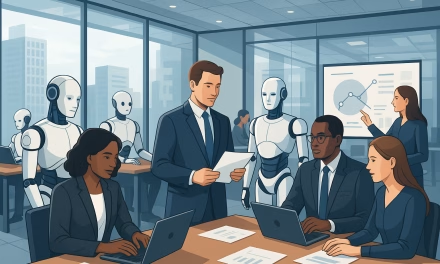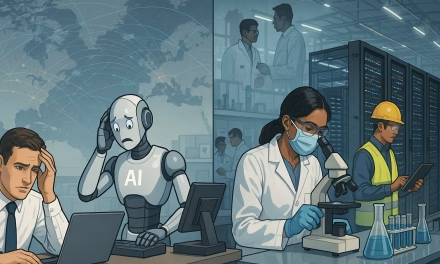The business world is on the cusp of a profound transformation, driven by the relentless advance of Artificial Intelligence. While discussions around AI’s impact often center on manufacturing or repetitive tasks, the latest developments highlight a significant shift towards the automation of white-collar jobs. Companies like Mechanize, a San Francisco startup, are at the forefront of this movement, aggressively building AI tools designed to automate professional tasks “as fast as possible.”
This aggressive push into white-collar automation signals a new era of efficiency, but also raises critical questions about the future of work. AI-powered tools are increasingly capable of handling complex data analysis, report generation, customer service, and even creative tasks, traditionally performed by human professionals. The implications for businesses are immense: reduced operational costs, increased speed, and enhanced accuracy. However, the societal impact, particularly on employment, is a growing concern.
Businesses must now navigate this evolving landscape with strategic foresight. The adoption of AI is no longer a competitive advantage but a necessity for survival. Yet, it’s crucial to consider how to reskill and upskill the existing workforce, fostering a collaborative environment where humans and AI can complement each other. The goal should be to augment human capabilities, freeing up employees for more strategic and creative endeavors, rather than simply replacing them.
The “white-collar bloodbath” scenario, as some analysts term it, might be an overstatement, but the reality is that every business is becoming an AI company. The challenge lies in doing it right: integrating AI ethically, responsibly, and with a clear vision for a future where technology serves humanity, not the other way around. The companies that master this balance will be the ones that thrive in this new automated era.

